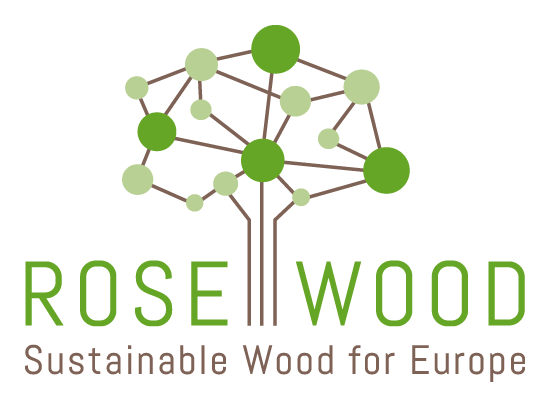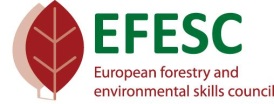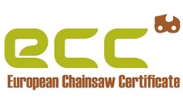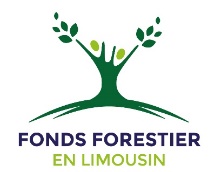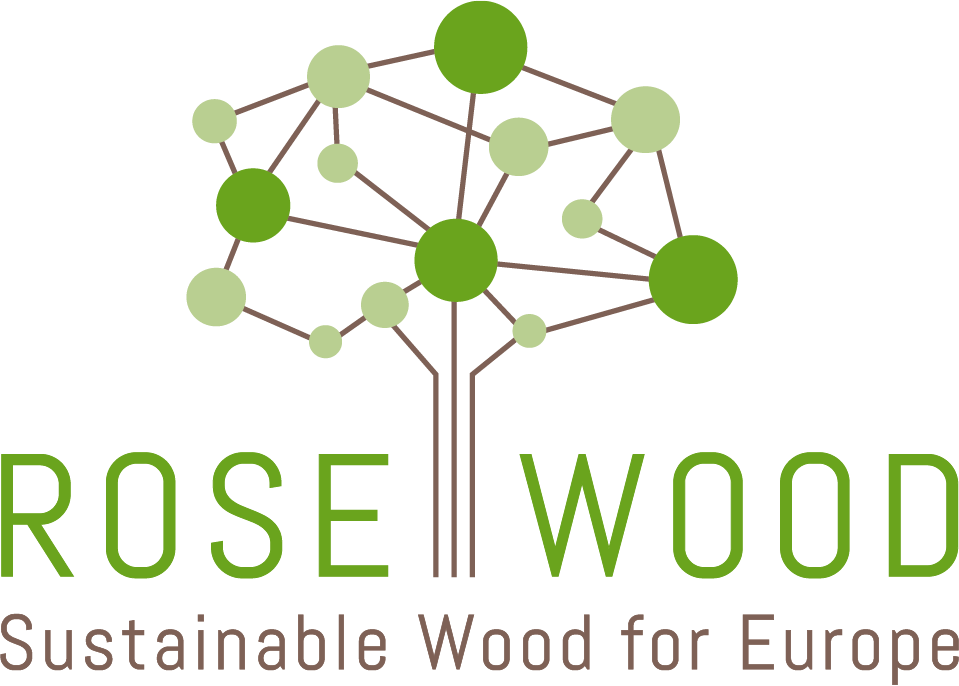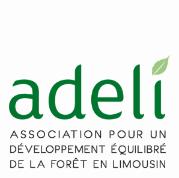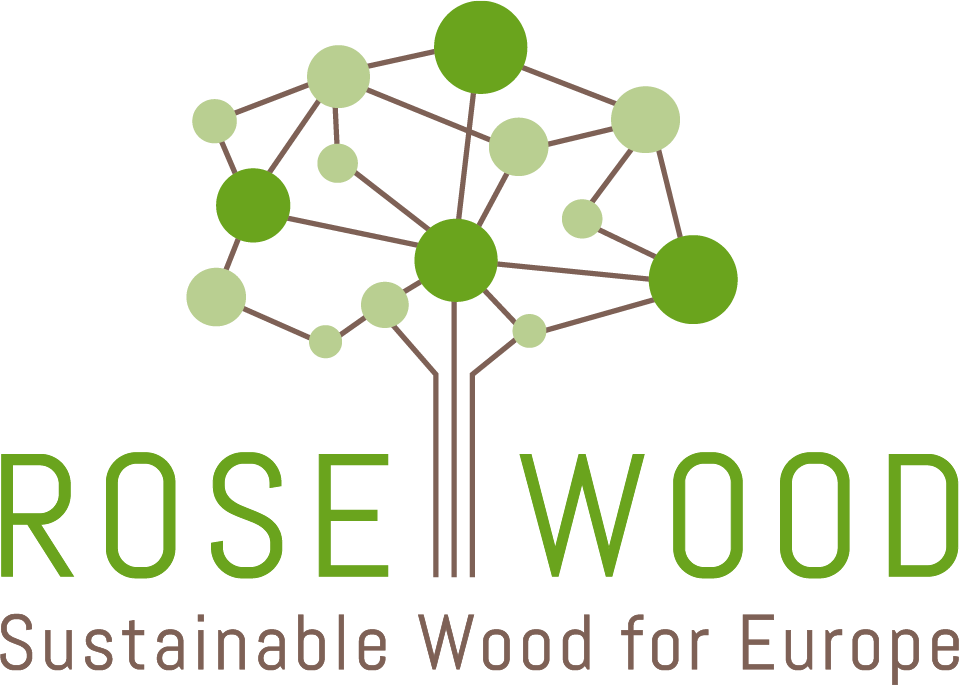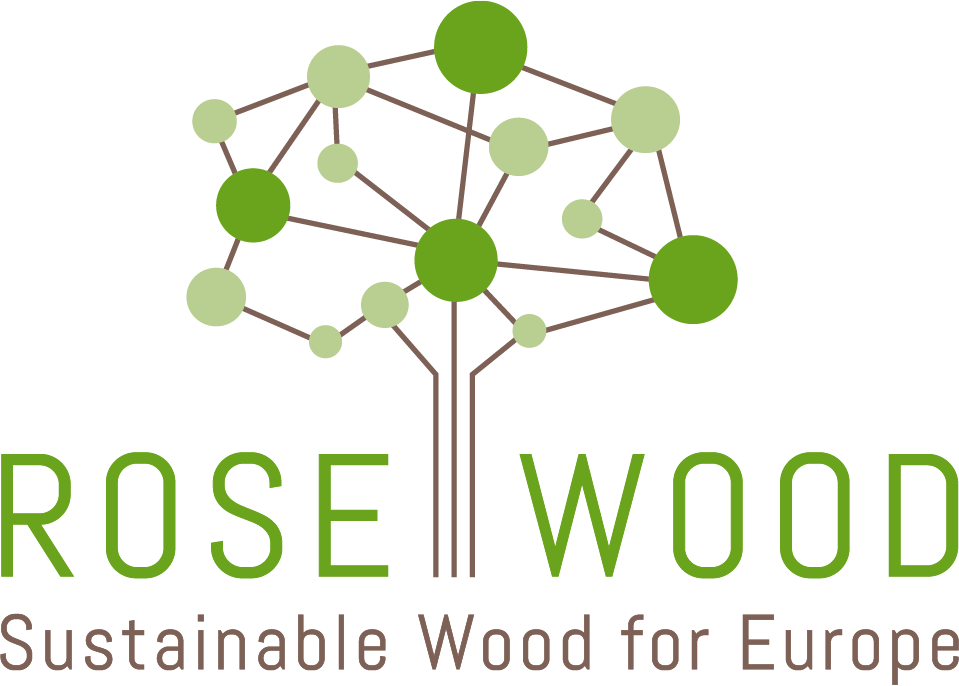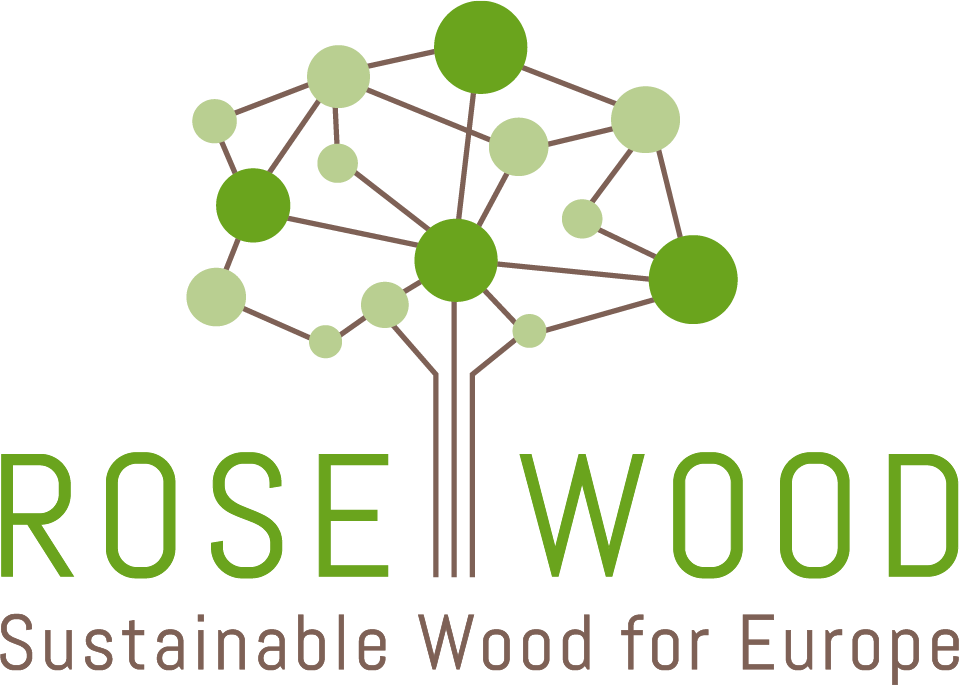Impact on environment & biodiversity
Positive on biodiversity and forest resilience enhancement
Economic impact
Enhancement of regionally added value / more efficient working processes /active learning
Job effect
Better qualified staff through verification and discussion possibilities
Income effect
Positive / more efficient working processes / cost reduction possibility identification
Specific knowledge needed
GIS data processing possibilities needed
Technical readiness level
Location
" - Spain - the Netherlands - Belgium -France - Austria - Germany - Italy - Romania - United Kingdom"
Implementers
"9 National Agencies: - Centro de Ciencia y Tecnología Forestal de Cataluña (CTFC) – Spain - IPC Groene Ruimte -The Netherlands - Inverde – Belgium - Centre Forestier de la Bastide les Jourdans –France - Bundesministerium für Nachhaltigkeit und Tourismus
